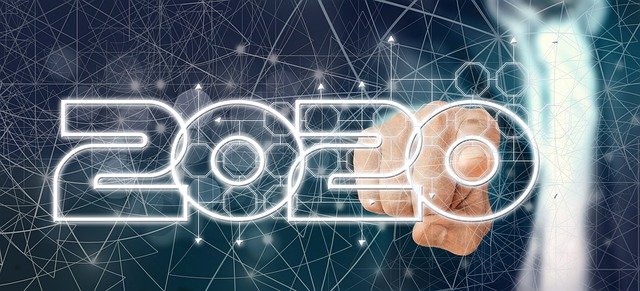The Economic Impact of Materials Testing in 2020
Part 1 of 2

2020 will go down in the history books as one of the strangest and most influential years in history as the world grapples with the new realities resulting from the impact of a global pandemic, COVID-19, which has reached into every aspect of society, making the testing industry a part of common conversation.
The obvious emphasis by the global media has been on infection testing, the methodologies and systems and equipment used by government, institutes and independent professionals reporting the results that shape policy and perception. Beyond the headlines there has been steady reporting on many other aspects of managing the crisis that affect the testing trade and the future of the industry. Innovative solutions demanded by the viral crisis resulted in advancements in multiple technologies from complex ventilator design to effective facial mask material production. One of the fastest responses to the needs of the first responders suffering severe shortages of personal protective equipment included the creation of machines and systems that recycled used face masks safely for redistribution and use again.
Public awareness of the entire testing industry has ben amplified by the ongoing Covid crisis, and even more so by end use industries who rely on testing professionals to validate and ensure the qualitative value of their work.
This is nothing new in the materials testing industry. Market dynamics have always dictated the necessity of professional standards such as ISO, NIST, ASTM, and ANSI to make certain the quality of materials, processes and manufacturing of products and services used and sold in the market. Many of the drivers in today’s market have always been present, chief among them the importance of reliability, durability, and consistency of products.
All of these factors bring us to the growing economic importance and financial benefits linked with properly qualified and professionally administered material testing and adherence to established industry specific standards. To be certain, today testing is seen as an integral and desired component in the development process. Testing has evolved as an investment consideration.
In fact, ROI on investment of a rounded factor of 7 has been consistently found to be reasonable in virtually every testing discipline since surveys results were reported beginning in 2015. Returns were not exclusive to enhanced production savings, rather also from more efficient interaction with engineering, better controlled experimentation, broader exploration of alternative uses, deeper understanding of product capabilities and limitations, and even saving a project that otherwise may have been abandoned due to lack of understanding or intended results. Let’s not forget one of the principle purposes of testing, accelerated product development as well as improved product safety.
With enhanced integration of team participation in the entire production process, new efficiencies are expanding overall ROI and are being embraced by SME’s and multinationals alike. It is important to acknowledge that the benefit return of testing investment is being realized in every material segment and projections for the next decade are exciting.
Today the materials testing market is valued at over $660 million and expected to enjoy a compound annual growth rate of 4.46%, increasing the industry market value by 2025 to over $820 million, and to over $1 billion by 2030.
NSL Analytical Services
NSL Analytical Services, Inc. is dedicated to building strong customer relationships based on Trust. NSL is committed to leading the way in materials testing methods and capabilities and striving to maintain excellence by using the most advanced Technology in our testing methods and instrumentation. Consistently, NSL Analytical Services is proud to provide swift Turnaround of precise accurate test results to all of our valued customers.
12 September Next in series: in Part II we will explore how new and developing approaches and technologies are impacting the economics of the materials testing industry.
